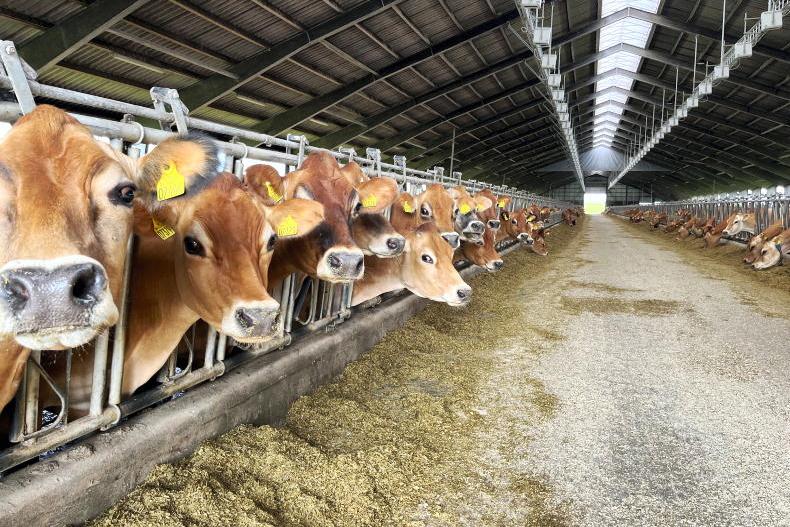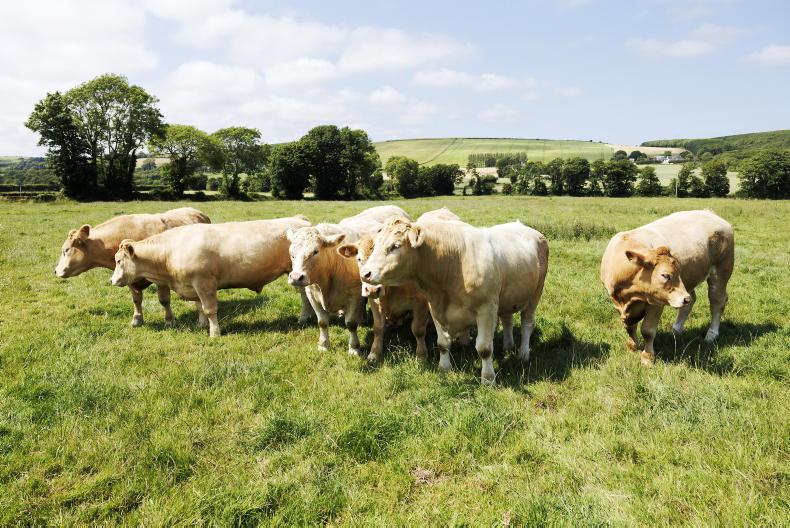The campaign for legislation to prevent unfair trading practices (UTPs) was aired in Parliament committees this week in Brussels. The Internal Market and Consumer Protection Committee voted its approval on the UTPs and this was welcomed by a group of organisations including Copa, the EU umbrella farm organisation’s body, and CEJA, which represents young farmer organisations from across the EU, as a clear step towards ensuring a fair and well-functioning food supply chain in Europe.
DG Comp input
Meanwhile, the Parliament’s agriculture committee also had the issue on its agenda with a presentation from Directorate of Competitions (DG Comp) chief economist Tommaso Valletti framing the discussion. This was based on his contribution to the 264-page impact assessment report on what consequences legislation on UTPs might have across the industry and consumers.
While the impact assessment was broadly supportive of UTP legislation, support from the DG Comp chief economist was qualified and restricted to a limited number of specific areas.
He was adamant that UTP regulations should be very carefully tailored in order not to prevent trading partners from engaging in efficiency-enhancing agreements or trading conditions. Valletti was also clear that from a competition perspective, pricing wasn’t considered as being anti-competitive. It was also made clear that UTP regulations will not ultimately prevent the existence and exercise of strong bargaining power through fair practices which included reduced purchase prices.
His general view was that where agreements were made in advance, even if unappealing to farmers, then they were ok and in cases even drove efficiencies. There was little sympathy for delisting of companies as buyers had the right to source from other suppliers. Similarly, payments for shelf space or below-cost selling were not seen as anti-competitive from a DG Comp perspective, with both accepted as legitimate promotional tools.
However, Valletti did concede that adjustments to contracts or cancellation of orders after the event did qualify for what he described as a small number of blacklisted practices which should be legislated for.
Next steps
Proposals for legislation on UTPs are progressing through the committee stage and it would be expected that the wider Parliament will give its endorsement as it has already called for such legislation in June 2016 when over 600 MEPS voted to call on the Commission to bring forward legislation.
The European Commissioner for Agriculture and Rural Development took the lead on this following a report by a taskforce he had set up to investigate the issue and which was reported late in 2016. It was on the basis of this and the vote by Parliament that he acted but as it is an issue that cuts across several EU departments, each has an input in the development of legislation. This is likely to have the effect of modifying the legislation from what farmers would want and expect.
Part of the issue with developing EU-wide standardised legislation is that 24 out of the 28 member states already have national legislation of some sort and 12 countries have specifically food chain-related legislation.
There will be the issue on harmonising legislation at a wider EU level but there is ambition to make real efforts in this respect.
Comment
Farmers are, however, likely to be disappointed as the focus of thinking is on business-to-business relationships with a particular concentration on small and medium enterprises (SMEs) that trade with larger corporations.
Irish farmers, in particular, have an issue of what happens immediately after livestock leave the farm gate and go into the processing sector.
With the Irish industry dominated by large multinational but privately owned companies, farmers suspect that expansion and acquisition over the past decade and more has been made possible by excessive profits, achieved by not paying farmer suppliers enough. This puts the processing factories in a strong position to engage with their large supermarket and burger chain customers, almost as equals, if not in some cases even being the stronger party.
Farmers are the sole trader, very small business dealing with the big companies and legislation on transparency would help to give them confidence that they were getting a fair deal.
This issue will not be addressed at this stage of the process, and while the Commissioner has ambitions to extend the legislation to include transparency, the reality is that time is running out. The current parliament is up for re-election in May next year while the Commission itself completes its cycle in October 2019.









SHARING OPTIONS